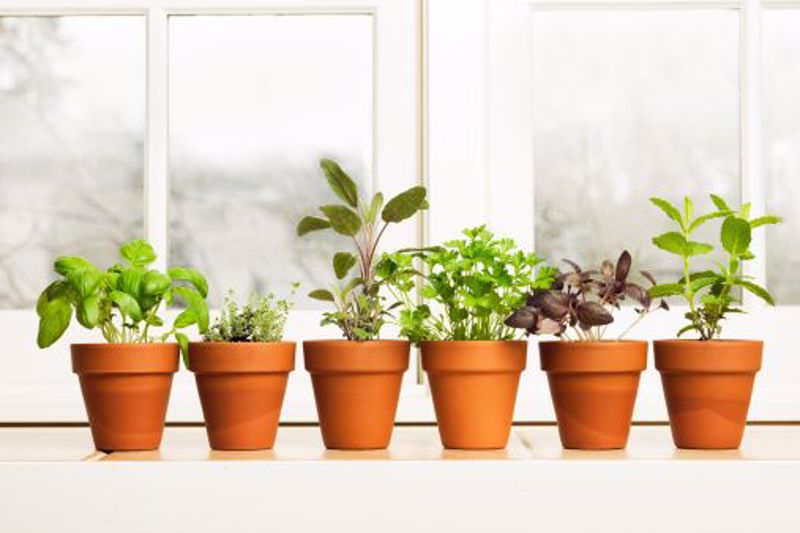Lowes love helping you in your garden. With a Lowes Money Off Coupon from We Are Coupons setting up a herb garden costs less and will be on of the most enjoyable things you can do. When you're setting up and maintaining a herb garden, there are several key points to consider. Proper soil is essential, as is watering and pruning new growth. You'll also want to make sure that your pots and containers are the right size, and that your herbs aren't too rich in nutrients.
The most important thing to remember when choosing soil is to make sure it has good drainage. Having a properly-drained soil ensures that your plants get adequate airflow and water. Also, consider the type of plants you're growing.
For instance, rosemary loves a neutral to slightly acidic soil. If you're planting peppermint or spearmint, you may want to choose a soil with a higher pH level. Other herbs, such as chives, tolerate a more alkaline soil.
You may also want to consider the size of your herb garden. Herbs will grow best in an area where they receive six hours of direct sunlight each day. However, you should be careful not to over-water your herbs. This can cause them to rot and become overgrown.
Many people prefer to grow their herbs in a container rather than in the ground. This is a great way to make your herb garden more convenient.
It's also more affordable. In addition, you're avoiding the potentially harmful effects of synthetic chemicals. Plus, you can easily customize the nutrients you add to your potting mix.
Watering
When it comes to watering a herb garden, it can be tricky. You need to choose the right type of soil and fertilizer. It's also important to know how much water your herbs need. Not too much or too little. Watering your herb gardens correctly will help ensure a great harvest.
One of the most effective ways to water your herbs is to use drip irrigation. This will prevent overwatering and also keep the roots hydrated for hours.
Another tip to keep in mind is to water your herbs in the morning or evening. These are the best times to water because the soil has had a chance to dry out between waterings.
If you're using a pot, make sure it has plenty of holes at the bottom to drain out the excess moisture. Some containers even come with a built-in saucer.
You should also remember that herbs should be watered when the soil feels dry. However, if you live in a warm climate, you may need to water your herbs more often.
When you're watering your herb garden, it's a good idea to use organic material. A mulch will help improve air circulation and drainage. Natural materials like wood chips and cocoa bean shells are ideal for herbs.
The most efficient way to water a herb garden is to follow directions. This includes making the most of the rain.
In addition to keeping the soil moist, herbs need to have at least one inch of water each week. That's not an exact science, however. Certain types of herbs require more water, while others are tolerant to drought.
You should also consider using a rain gauge to measure how much rain your plants get. Avoid putting the rain gauge underneath plants that block the rain.




